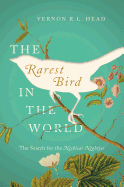In 2005, I wrote Harper Lee to find out what book she credited turning her into a lifelong reader. My proposed story was axed, but two weeks later I got a letter back from Miss Lee. "Not many people are turned on by John Ruskin these days," she wrote, "but The King of the Golden River was an early 'fix' in a lifetime's addiction to reading; I've never sought a cure."
I was an editor at Publishers Weekly for 11 years and met so many authors that it's hard not to become somewhat blasé, but Harper Lee was the holy grail of authors and To Kill a Mockingbird was one of my all-time favorite novels. I wasn't about to let this correspondence die just because the story had.
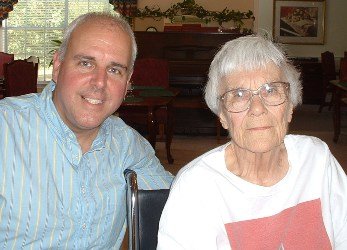 |
| Kevin Howell and Harper Lee |
At the time, she was still spending half the year in her hometown of Monroeville, Ala., and half in her one-bedroom apartment in New York City's Upper East Side. We continued writing letters, and when I reviewed Charles Shield's unauthorized biography of her, Mockingbird, I sent her my review and we bonded over our mutual apathy for the book. She wrote: "So much of what he wrote is just plain untrue that the book is worthless for any serious research. He will make millions."
A few months later, I met her in person at a Starbucks near her Manhattan apartment. Miss Lee hadn't given an interview in roughly 40 years, so I assured her that I wasn't turning our talk into an article. "Oh, I trust you," she said. We talked for 90 minutes. She loved being a transplanted New Yorker, she said. Later she wrote me: "A Manhattan neighborhood like mine is ideal for an old person: I can walk to everything I need--supermarkets (4 in 4 blocks!), drug stores (3), drs., churches, even an undertaker." She was unassuming, funny and a great storyteller.
Now that she knew my work and home phone numbers, we started chatting on the phone. (When my home answering machine died years later, I mourned the loss of some hilarious messages from her.) In March 2007, she had a mild stroke that affected her left side. She was in a Birmingham rehab hospital for months.
I got a chance to visit her in 2008 when I attended a booksellers convention in Alabama. I drove to Monroeville and spent the day with her at the cozy assisted living facility where she was then living.
She had a sweet tooth, so I brought cookies and baklava. She was in a wheelchair but could still stand and walk when she wanted. Because of her macular degeneration, she had a large overhead projector that helped her read books. (I mention these ailments because when Go Set a Watchman (her first draft of To Kill a Mockingbird) came out in 2015, many strangers wrote editorials claiming she was being taken advantage of by her publisher and citing her stroke, bad eyesight and hearing aids without knowing these were old ills.) I was with her for six hours. Post-stroke, she was still funny, smart, opinionated, kind and sharp as a tack. When I asked her if she was working on any writing projects, she slyly said, "A writer never stops writing."
After she made Monroeville her sole residence, she wrote, "Nothing goes on here with relentless regularity." She had family and friends in Monroeville, but she once wistfully wrote, "Isn't it curious: Jane Austen, I think, never went more than 20 miles from home, yet saw the world. Of course, she was a genius who could 'see the world in a grain of sand.' I do long to see the world of the City again--don't be surprised if I call you from 82nd Street! By then you will be an old man & I in my hundreds."
One of my favorite letters from her ends with, "I have never had a better friend." I'm sure that's not true but I'm adding it to my résumé: Harper Lee's best friend. RIP to a great lady and world-changing author. --Kevin Howell, independent reviewer and marketing consultant
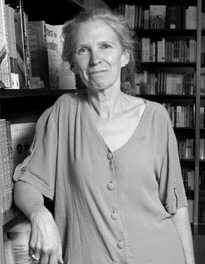 " 'Just because everyone else jumps off a bridge,' parents have been telling their children for generations, 'doesn't mean you should jump off a bridge too.' Similarly, just because many universities outsource their bookstores to homogenous, for-profit corporate chains, with local managers answering to headquarters in distant cities, does not mean that UConn should follow suit. But the administration is currently considering proposals to operate the bookstore from big chains, as well as the Co-op managing it now."
" 'Just because everyone else jumps off a bridge,' parents have been telling their children for generations, 'doesn't mean you should jump off a bridge too.' Similarly, just because many universities outsource their bookstores to homogenous, for-profit corporate chains, with local managers answering to headquarters in distant cities, does not mean that UConn should follow suit. But the administration is currently considering proposals to operate the bookstore from big chains, as well as the Co-op managing it now."






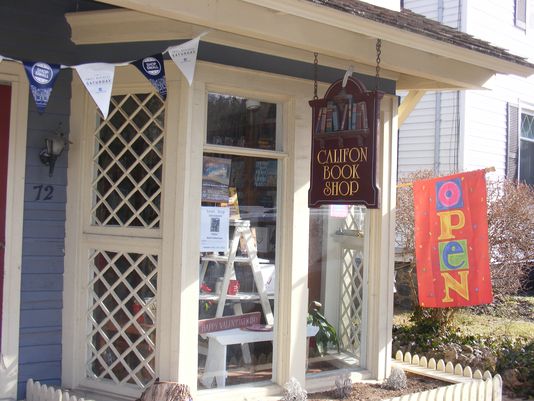 "When everything fell into place, it was a dream come true," said Kerner, the shop's fourth owner. "This shop isn't just about the books for me. It's also about the people and the community that I have the privilege of being a part of. I do my best to remember customers' names and their interests because I want their experience here to be personal."
"When everything fell into place, it was a dream come true," said Kerner, the shop's fourth owner. "This shop isn't just about the books for me. It's also about the people and the community that I have the privilege of being a part of. I do my best to remember customers' names and their interests because I want their experience here to be personal."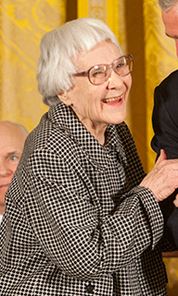 Harper Lee
Harper Lee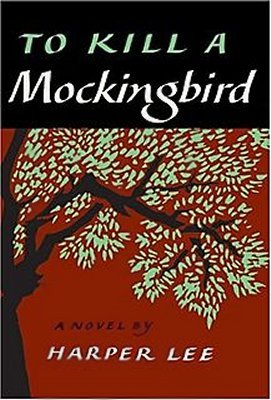 Lee published nothing after To Kill a Mockingbird--until last July, when Go Set a Watchman, an early draft of To Kill a Mockingbird, with many of the same characters but set in the 1950s, appeared. The book was an instant sensation, celebrated with the same kind of excitement and public events that greeted new Harry Potter books. Although not as polished as To Kill a Mockingbird, Go Set a Watchman was marked by the same strong narrative style. Some fans were disappointed that Atticus Finch is portrayed as a segregationist and says demeaning things about blacks, but for many, it was wonderful to read more prose by Harper Lee.
Lee published nothing after To Kill a Mockingbird--until last July, when Go Set a Watchman, an early draft of To Kill a Mockingbird, with many of the same characters but set in the 1950s, appeared. The book was an instant sensation, celebrated with the same kind of excitement and public events that greeted new Harry Potter books. Although not as polished as To Kill a Mockingbird, Go Set a Watchman was marked by the same strong narrative style. Some fans were disappointed that Atticus Finch is portrayed as a segregationist and says demeaning things about blacks, but for many, it was wonderful to read more prose by Harper Lee.
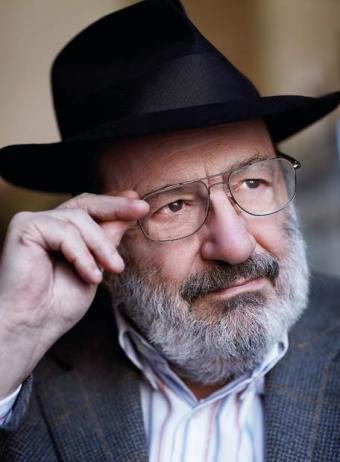 Umberto Eco
Umberto Eco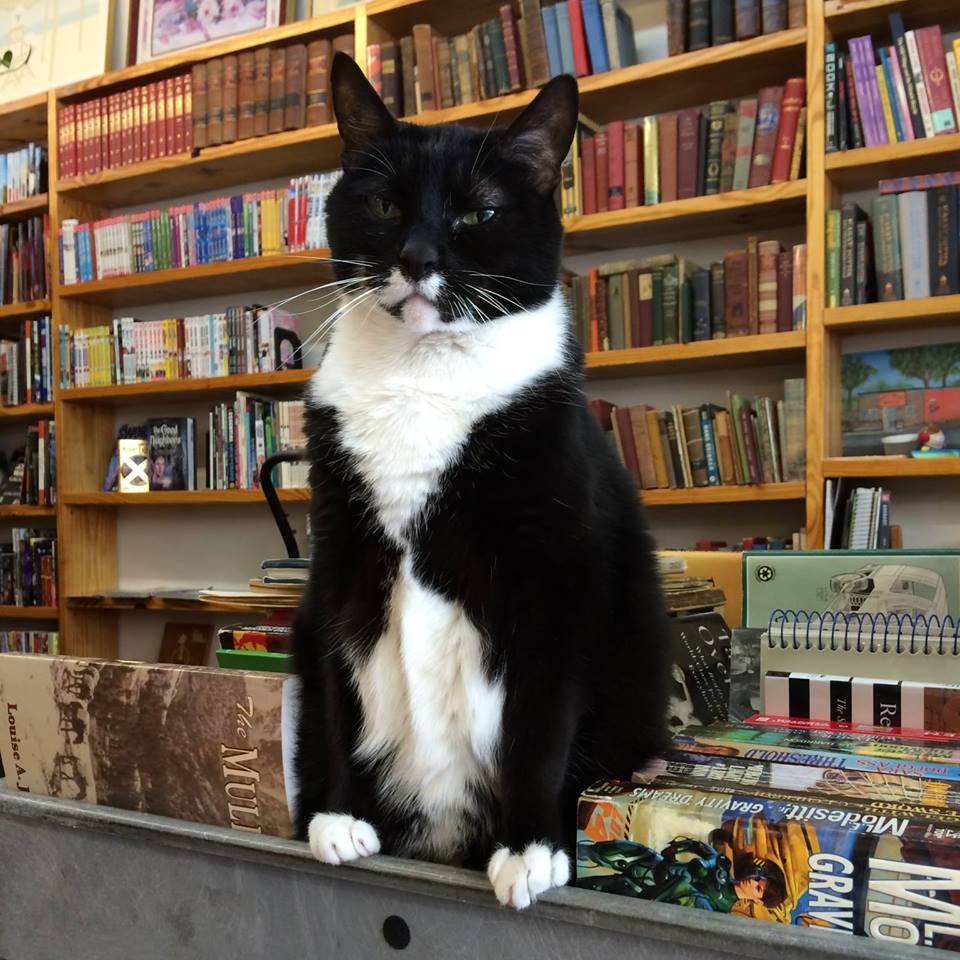
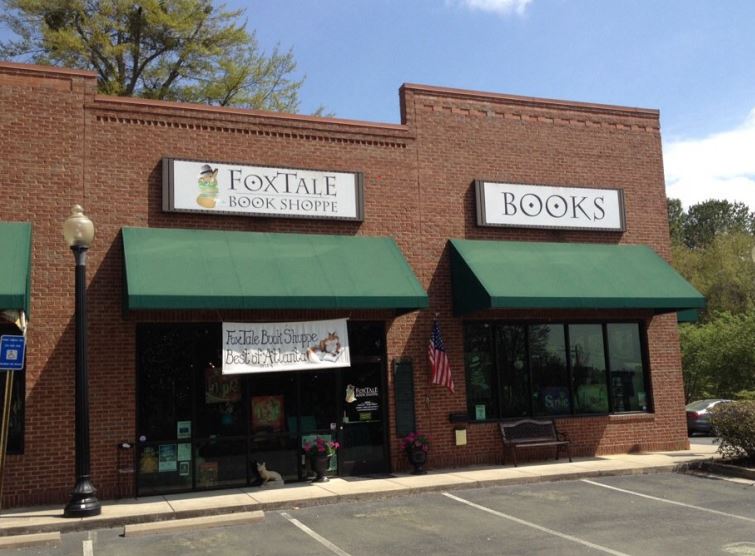 Independent stores "have been able to
Independent stores "have been able to 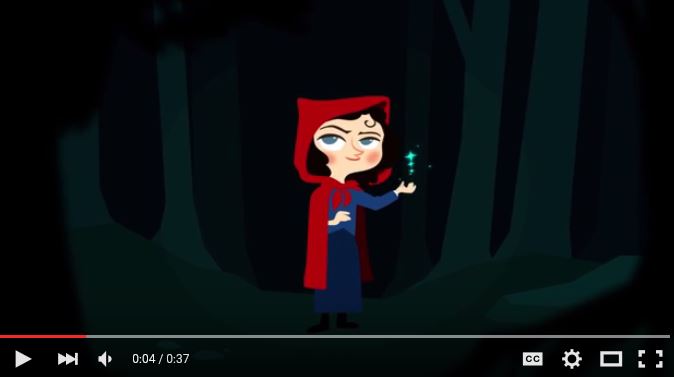 Red: The True Story of Red Riding Hood
Red: The True Story of Red Riding Hood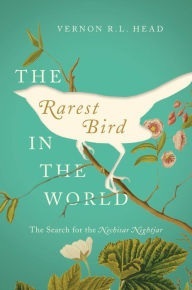 "Searching enquiringly, steeped in a willingness to learn, we felt a connection with biodiversity and an appreciation of species." This recurring concept of inquiry, combined with a sense of wonder, dominates Vernon R.L. Head's poetic musings in The Rarest Bird in the World: The Search for the Nechisar Nightjar. A conservationist and lifelong birdwatcher, Head was entranced by the findings of a 1990 scientific expedition to the Nechisar plains in Africa's Great Rift Valley: among many specimens, the team collected a single wing of a bird that turned out to be unknown to science. After some discussion within the ornithological community--can a species be defined by a single body part?--it was named the Nechisar Nightjar, Caprimulgus solala ("solala" meaning "only wing"). "The new species was announced, and birdwatchers like me began to dream."
"Searching enquiringly, steeped in a willingness to learn, we felt a connection with biodiversity and an appreciation of species." This recurring concept of inquiry, combined with a sense of wonder, dominates Vernon R.L. Head's poetic musings in The Rarest Bird in the World: The Search for the Nechisar Nightjar. A conservationist and lifelong birdwatcher, Head was entranced by the findings of a 1990 scientific expedition to the Nechisar plains in Africa's Great Rift Valley: among many specimens, the team collected a single wing of a bird that turned out to be unknown to science. After some discussion within the ornithological community--can a species be defined by a single body part?--it was named the Nechisar Nightjar, Caprimulgus solala ("solala" meaning "only wing"). "The new species was announced, and birdwatchers like me began to dream." 